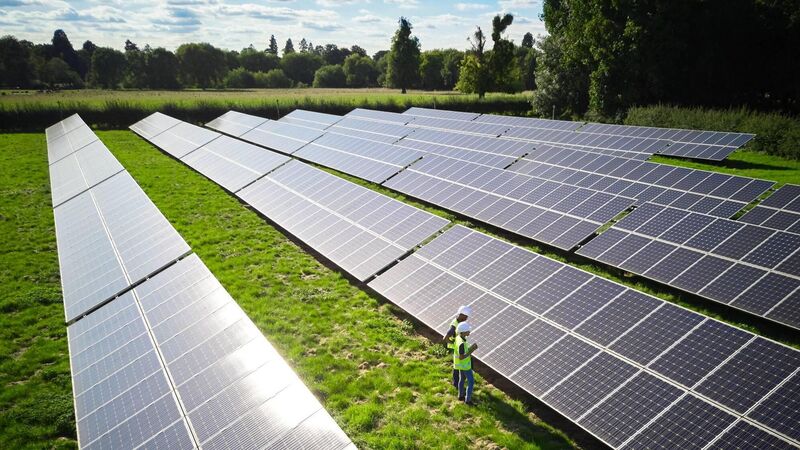Ireland hit new record for solar production during March

Spring sunshine saw solar power in March hit its third highest ever production in a calendar month. Picture: Shutterstock
Spring sunshine saw solar power in March hit its third highest ever production levels in a calendar month, with a new record for production set at the peak on Tuesday March 25th.
Some 750MW of electricity from solar was produced at one point on March 25, enough to power around 300,000 homes and 18 MW more than a previous record set in July 2024.











